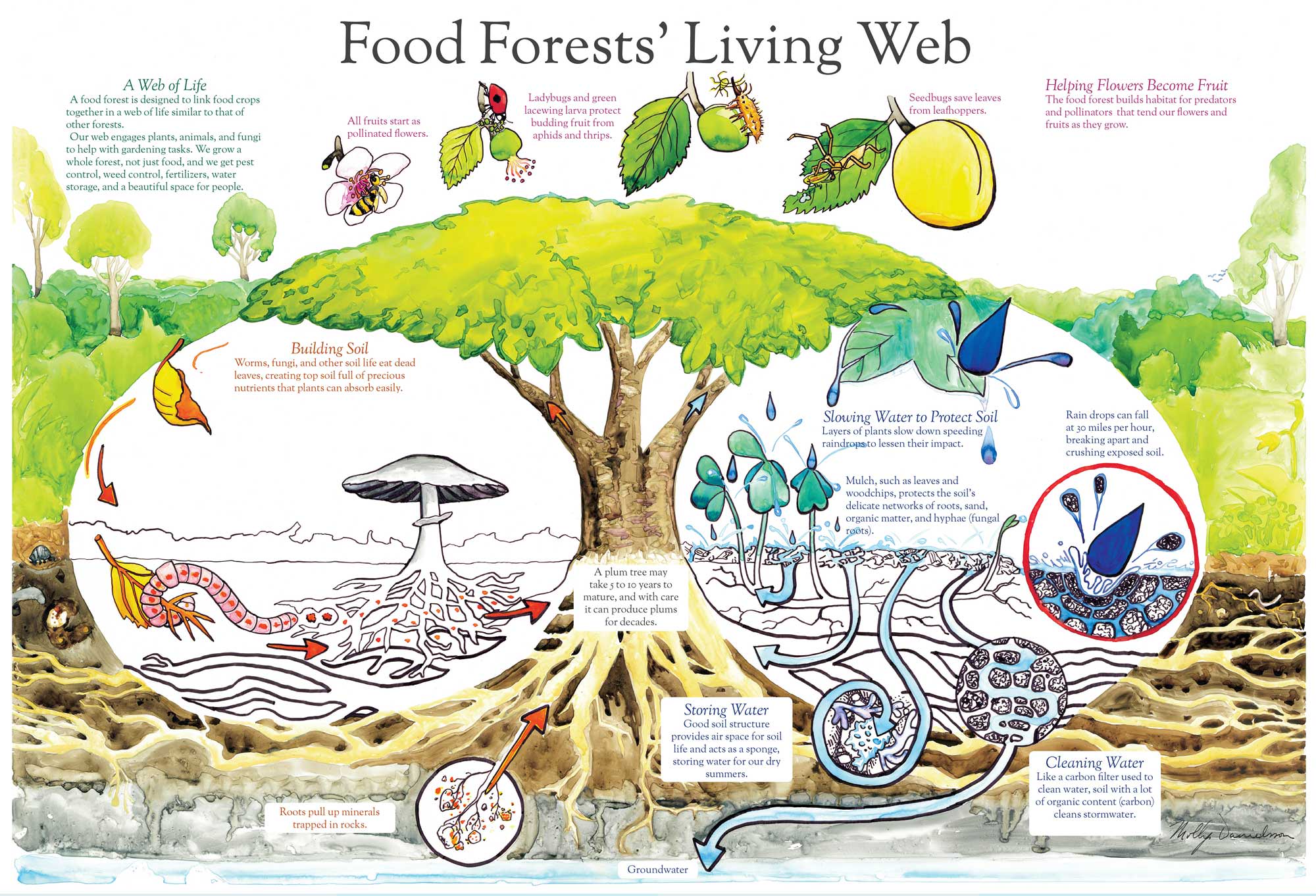Sustainability
You Drink Our Wine, We Capture Carbon
Sustainability
You Drink Our Wine, We Capture Carbon
Sustainability is at the heart of everything we do. We are committed to producing exceptional wines while respecting and nurturing the land that makes it all possible. Our vineyard practices are rooted in a deep respect for the environment, from soil health to water conservation, ensuring that every bottle we craft not only reflects the unique terroir of our estate but also supports a sustainable future. Our regenerative farming practices help build soil vitality and is an amazing carbon sink.
We implement organic farming methods to reduce our environmental footprint, including natural pest control, cover cropping, and composting, which enhance the biodiversity and vitality of the vineyard ecosystem. Our focus on soil health helps to ensure that our vines thrive while minimizing the need for synthetic fertilizers and pesticides. In addition, we employ water-efficient irrigation systems to conserve this precious resource, while integrating energy-efficient practices in our winery operations.
As stewards of the land, we believe that sustainability is not a trend, but a responsibility. We are proud to be part of a growing movement that fosters environmental stewardship, social responsibility, and community engagement, all while creating wines that celebrate the beauty and complexity of the Willamette Valley.
Join us in celebrating sustainable practices that honor the land and its future—one sip at a time.
Regenerative Farming

At Coeur de Terre Vineyard, regenerative farming is a key focus and represents the vineyard’s commitment to not just sustainability, but to improving and enhancing the health of the land for future generations. Unlike conventional farming practices that may deplete soil health over time, regenerative farming goes a step further by actively working to restore and enrich the ecosystem. This approach ensures that the land not only sustains itself but flourishes.
Here are some key aspects of regenerative farming at Coeur de Terre Vineyard:
1. Soil Health Restoration
Regenerative farming places a strong emphasis on building healthy, living soils. We focus on practices like cover cropping, which involves planting specific crops between vineyard rows to add organic matter back into the soil. This creates a healthier, more resilient soil structure, improving water retention and increasing the diversity of soil microorganisms. Healthy soils are crucial for growing high-quality grapes and help reduce the need for synthetic fertilizers or pesticides.
2. Biodiversity
Regenerative practices at Coeur de Terre encourage biodiversity both in the vineyard and beyond. By fostering a rich ecosystem, including a mix of plant species, beneficial insects, and wildlife, the vineyard supports natural pest control, reduces disease pressure, and encourages pollination. A diverse environment helps maintain balance in the vineyard and contributes to the overall health of the ecosystem.
3. Composting and Natural Fertilization
Instead of relying on chemical inputs, we use composting and organic matter to replenish the soil. The vineyard produces its own compost to improve soil fertility, using materials from the estate itself, such as grape pomace and cover cropping. This cycle reduces the need for external chemical fertilizers and enhances the overall nutrient balance in the soil. This year we are introducing sheep into the vineyard to provide weed control and a form of natural composing. This will improve soil health, add nitrogen to the soil all while not compacting soil experienced during mechanical weed control.
4. Water Conservation
Regenerative farming practices at Coeur de Terre also focus on reducing water usage and improving water management. We utilize a deficit irrigation strategy via drip irrigation and focus on maintaining soil health to improve water retention in the vineyard, minimizing the need for excessive watering. By focusing on soil integrity and hydration, we ensure their vines are more resilient to drought conditions.
5. Reduced Carbon Footprint
A regenerative approach goes hand in hand with reducing the vineyard’s carbon footprint. Through carbon sequestration in healthy soils, the vineyard helps to capture and store carbon from the atmosphere. This process of soil carbon storage contributes to the fight against climate change, helping mitigate the environmental impact of grape farming.
6. Long-Term Stewardship
The commitment to regenerative farming at Coeur de Terre is not just about immediate gains but about long-term stewardship. The goal is to ensure that future generations can continue to cultivate the land in harmony with nature, producing wines that reflect the vitality and resilience of the terroir.
Through these regenerative practices, we not only enhances the quality of our wines but also fosters a deeper relationship with the land, contributing to the sustainability and health of the broader ecosystem. The vineyard’s focus on regenerative agriculture exemplifies its commitment to producing wines in a way that nurtures the environment and honors the land’s potential for generations to come.
Event Calendar
Please join us for the many events we have scheduled. Our music events are partnered with local musicians and all proceeds from entry fees go directly to the bands.
Skybound Blue: An Unforgettable Night of Music, Wine & Summer Magic at CdT
Coeur De Terre Vineyard 21000 SW Eagle Point Rd, McMinnville, OR, United StatesSkybound Blue Returns – Saturday, July 19 Get ready for an incredible evening under the stars with one of our favorite bands and longtime friends — Skybound Blue! Known for […]
🎶 Come Together for Our 6th Annual BeatlesFest at CdT!
Coeur De Terre Vineyard 21000 SW Eagle Point Rd, McMinnville, OR, United StatesIt’s one of the most joyful, music-filled days of the year — and we’re lucky to host it right here at Coeur de Terre Vineyard! Now in its 6th year, […]
Please Sign Up
Provide us with your email and mobile number so we can let you know what is happening at the vineyard. By clicking submit, you agree to be contacted by us via email or sms.
Visit Us
21000 SW Eagle Point Road McMinnville, OR 97128
Wednesday - Monday, 10am-5pm


![Beatles night logo2 [Recovered]](https://cdtvineyard.com/2018/wp-content/uploads/2020/03/Beatles-night-logo2-Recovered-scaled.jpg)